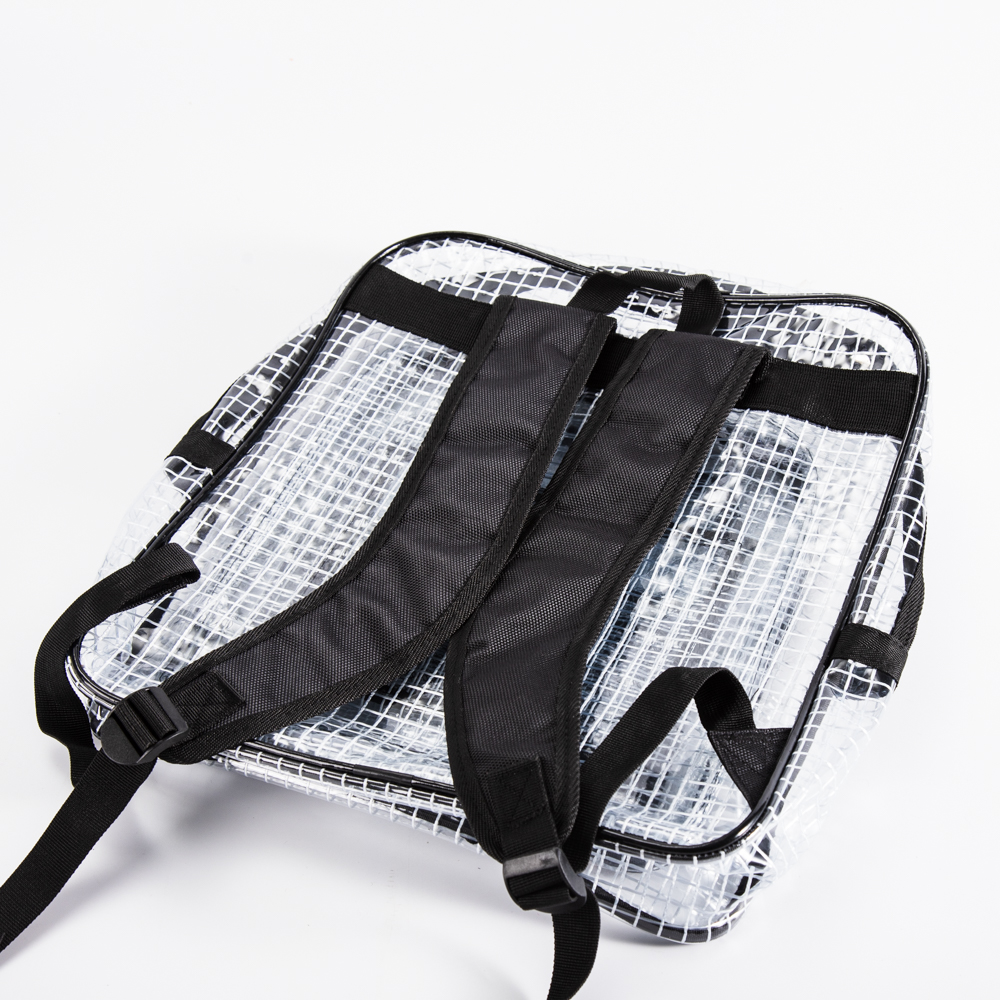The Anti-static PVC cleanroom backpack tool bag is a bespoke backpack intended for the secure storage and transportation of tools in cleanroom settings, safeguarding them from electrostatic discharge (ESD).
Constructed from PVC - a robust, water-resistant material - the bag also incorporates additives to neutralize static electricity, lending it anti-static properties. Its backpack design ensures that the bag can be comfortably carried on the back, thereby keeping the hands free for work-related tasks.
This bag is perfectly suited for scenarios where electrostatic discharge could potentially damage delicate electronic components and other devices. It is also apt for use in cleanroom conditions that require rigorous minimization of contaminants to preserve high cleanliness standards.
The bags come in a variety of sizes to fit different tool dimensions and volumes. They are designed for effortless cleaning and disinfection. Often equipped with multiple pockets and compartments for efficient organization and secure placement of tools, these bags also feature padded shoulder straps and back support to provide comfort during prolonged use.

Cleanroom Backpack Tool Bag,Clean Room Backpack,Cleanroom Bag,Cleanroom Tool Backpack
ZHANGJIAGANG CITY XIANGLE TOOL CO., LTD. , https://www.xiangletoolbag.com